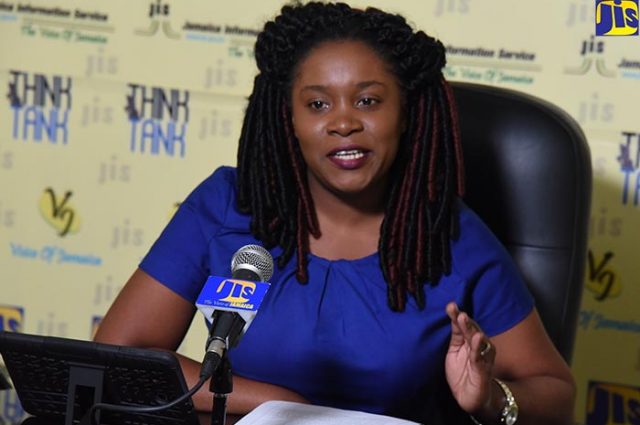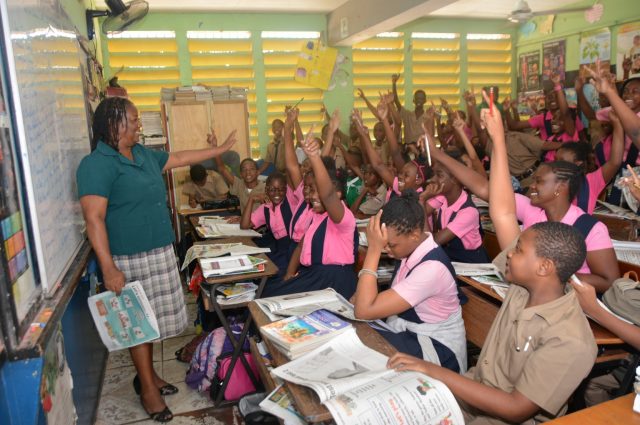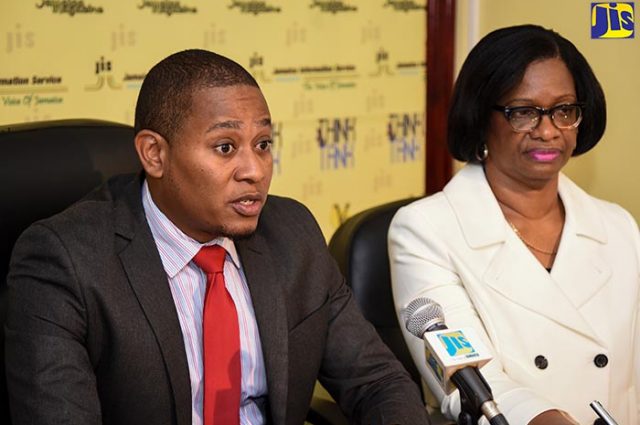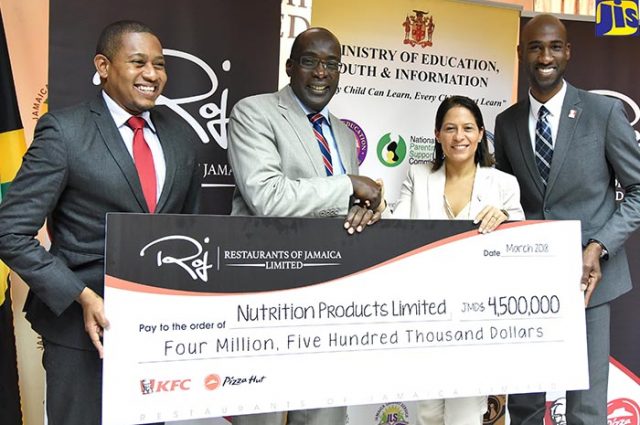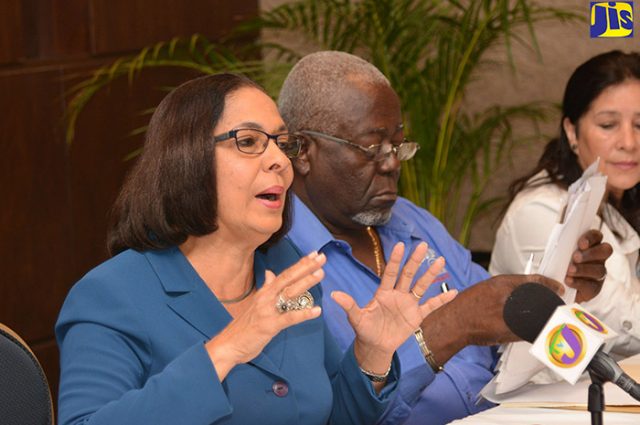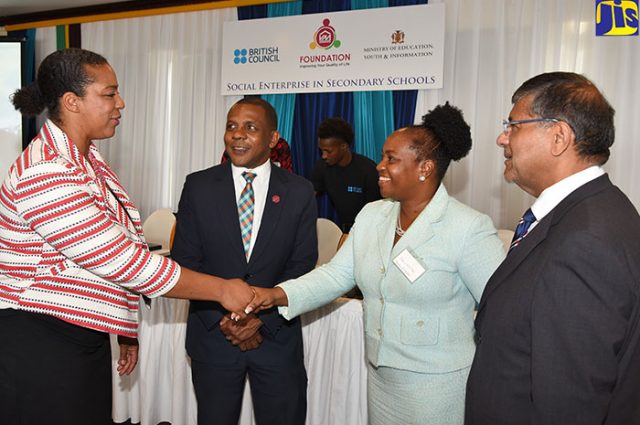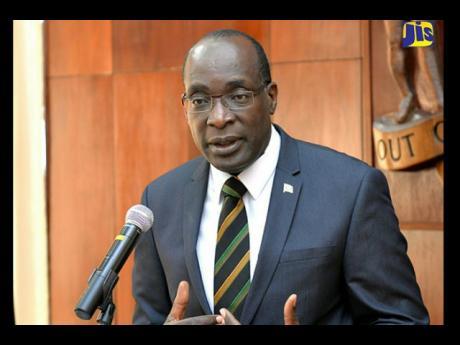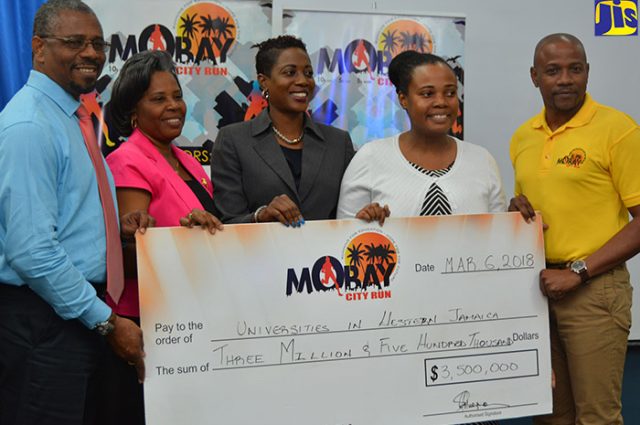JIS: The National Youth Service (NYS) is accepting applications for its HOPE Youth Summer Work Programme until April 13, 2018.
The programme will enable 14,000 young people to benefit from valuable work experience during the months of June, July and August.
The target group, aged 17 to 29 years, will be placed in various entities for a period of three weeks, where they will gain some of the necessary skills for the world of work.
Since last year, the programme has been rebranded in line with the Government’s initiative of the Housing, Opportunity, Production and Employment (HOPE) Programme.
Addressing a JIS ‘Think Tank’, on March 13, Director of Communications and Marketing at NYS, Julia Smiley Green, outlined that the programme consists of recruitment/selection, training, orientation, placement and monitoring.
“We go on a vigorous recruiting drive each year to ensure that we are attracting participants who not only need work experience but who also need some form of personal and professional development. So, at the beginning of the programme, each potential participant will be required to undergo an orientation that will have them trained in key employability skills that will help to make them more rounded individuals and more employable,” Mrs. Smiley Green said.
In addition to completing an application form, persons are required to submit copies of their birth certificate, tax registration number (TRN) and national insurance scheme (NIS) cards, national or school identification card, proof of qualification (if any) and résumé.
Persons may download the application form at www.heart-nta.org or www.nysjamaica.org. Once completed, the form can be dropped off at any HEART Trust/NTA, Jamaica Foundation for Lifelong Learning or National Youth Service (NYS) office.
“If you are an employer and has an interest in youth and corporate social responsibility, and want to help mould young lives, then we are saying to you that here is an opportunity to get someone who can contribute meaningfully to your place of work; persons that are trained, adaptable and ready to learn,” the Marketing Director said.
For more information, persons may call the NYS office at 754-9816-8 or send an email to: [email protected].
CAPTION: Director of Communications and Marketing at the National Youth Service (NYS), Julia Smiley Green, highlights the various components of the NYS HOPE Youth Summer Work Programme at a JIS ‘Think Tank’ on March 13



